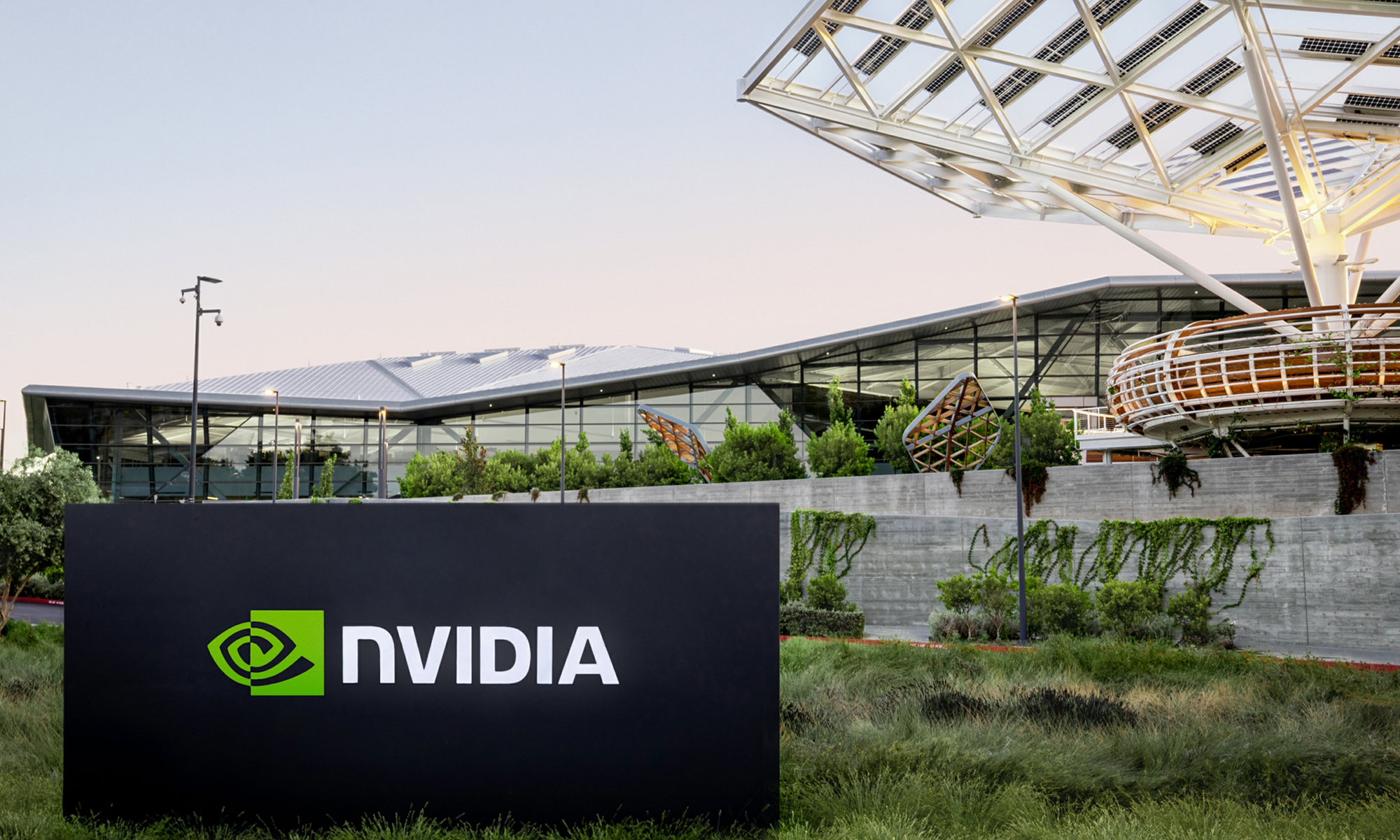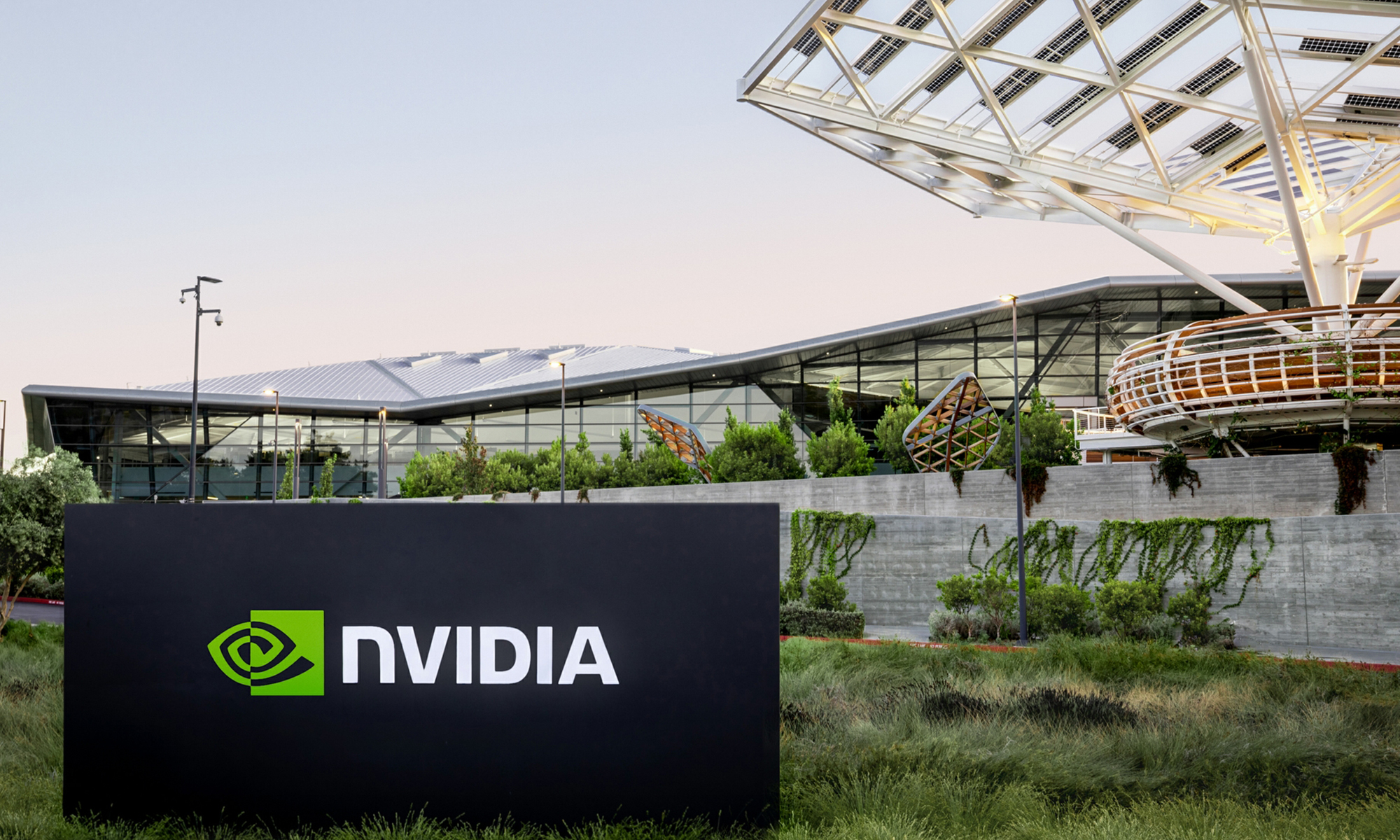Jensen Huang, the founder and chief executive officer of Nvidia (NVDA 0.72%), has proved to be the company's loyalist of fans over time. First of all, he's still leading the tech giant after more than 30 years. Second, he initiated and went through the complex task of transforming Nvidia from a company serving up video game chips to a player that now dominates the artificial intelligence (AI) chip market. Finally, Huang now is shepherding Nvidia into its next stages of growth, moving forward into areas such as humanoid robotics and the use of AI in quantum computing.
That's why you might be surprised to learn that Huang just sold about $36 million in Nvidia stock, and this is after already selling $15 million last month. You might even wonder if this move by the biggest figure in the Nvidia story signals stock performance has gone too far -- and maybe it's time to sell. So should you follow Huang and drop some of your Nvidia shares? Let's find out.

Image source: Getty Images.
Nvidia's top-performing chips
First, though, a quick summary of what's happened so far. As mentioned, Huang transformed Nvidia from a company focused on selling its graphics processing units (GPUs) to the gaming market to a player driving the development of AI. Now, Nvidia's biggest customers are tech giants -- including Meta Platforms and Amazon -- in need of the high-powered GPUs to fuel their platforms. Nvidia's GPUs can process many tasks at once, making them ideal for the crucial training and inferencing of models needed in AI. And these Nvidia chips have proved to be the fastest on the market.
All of this has led to enormous revenue growth and high profitability on sales for Nvidia over the past few years.
NVDA Revenue (Annual) data by YCharts
And this has helped the stock to soar 1,400% over five years. In fact, the momentum -- aside from a short pause in the middle of the first half -- has continued, and that recently pushed Nvidia's market value over the $4 trillion mark. This confirms the company's position as the most valuable in the world.

NASDAQ: NVDA
Key Data Points
Now, let's consider Jensen Huang's recent move. The CEO sold shares of Nvidia from July 8 through July 10, and that follows a sale of shares from June 18 through June 23.
Part of a trading plan
Before jumping to conclusions, though, it's important to keep in mind that these aren't sales based on a view of what may be ahead for the company. These are simply programmed share sales organized as part of Huang's trading plan, known as a 10b5-1. These plans allow executives and corporate insiders to arrange for share sales outside of periods when they may have access to material nonpublic information -- or information that could make the stock rise or fall.
Huang adopted his latest plan in March, and under this plan, may sell Nvidia shares through the end of this year.
And though these sales may seem big, they actually aren't, considering Huang's Nvidia's holding -- as of the end of the 2025 fiscal year, Huang held a 3.7% stake in Nvidia and more than 922 million shares.
Still, you may ask: If Huang believes in the company's ongoing success, why is he selling shares? We don't know the reason for Huang's move, but like you and me, executives may want to increase their cash holdings for other investments, personal purchases, or even household and daily expenses. So, considering the number of Nvidia shares Huang owns, I'm not surprised to see him unload some of them from time to time.
Now let's move on to our next question: Should you do the same? This depends entirely on your investment strategy and cash needs. If you've held Nvidia stock for a few years and now need some cash for other investments or uses, you might consider selling a portion of your Nvidia holding. Or if your portfolio isn't well diversified across stocks and industries, you might lock in some profits by selling a few of your Nvidia shares and broadening your exposure into other areas.
But if you don't necessarily need the cash and your portfolio already is well diversified, there are plenty of good reasons to hold onto Nvidia for the long term. Considering the growth prospects of the AI market -- with analysts predicting it will reach into the trillions -- and Nvidia's leadership, this top AI stock is likely to keep roaring higher over time.








